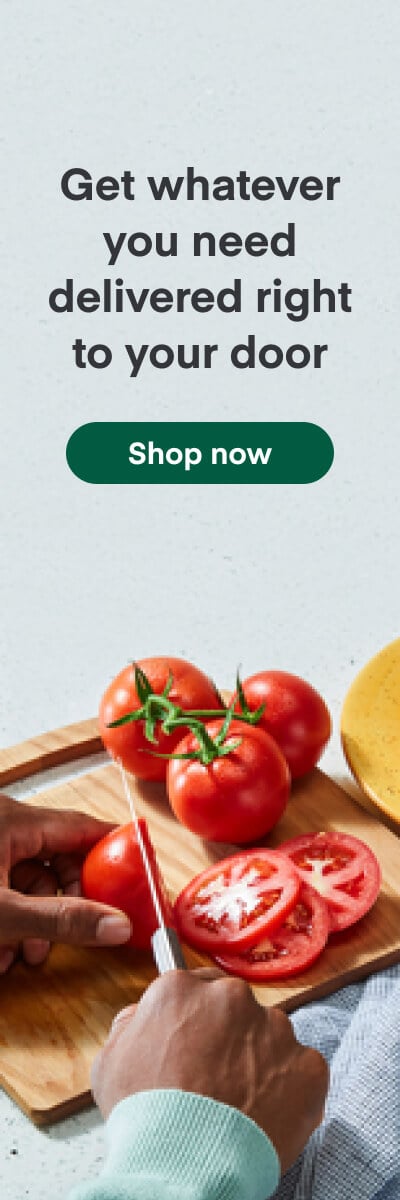Planning & Prep
What is Cheese Cloth? + How to Use and Clean
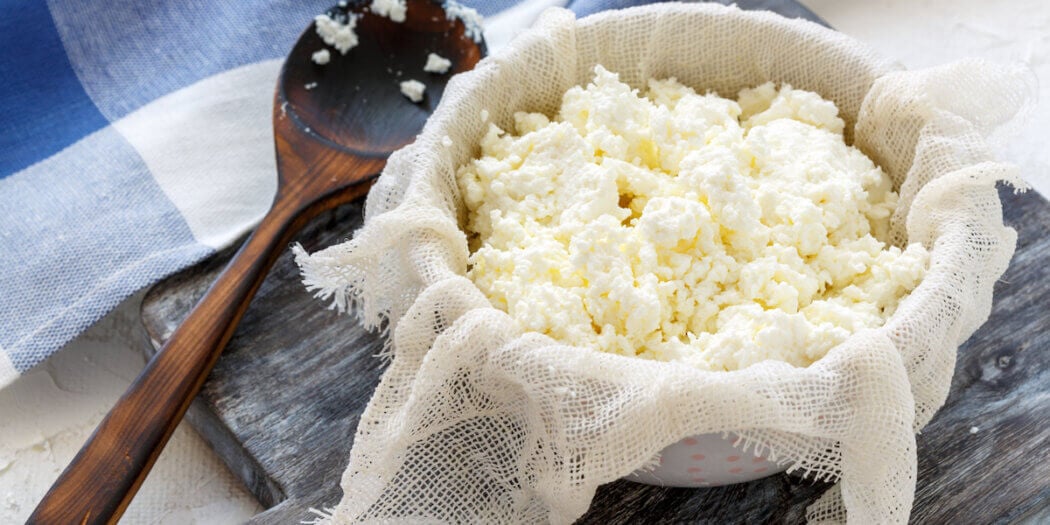
If you’ve been experimenting with different types of cooking, you may have come across a recipe that instructs you to use a cheese cloth. If you don’t already have one in your home, you may have found yourself asking, “What is a cheese cloth?”
Even if you’ve used one before, you may wonder whether these items are reusable, and if so, how to clean them. Don’t worry! The following guide will tell you everything you need to know.
What is a cheese cloth?
Cheese cloth is a lightweight fabric gauze made of 100% cotton. It has an open weave and is often used in food preparation. As the name suggests, it’s was originally used to wrap and drain curds during the cheesemaking process.
Are there different types of cheese cloth?
Cheese cloth comes in seven different grades, ranging from an extra-fine weave to an open weave. The grade is determined based on the number of threads per inch in each direction. A higher thread count translates to a higher grade, which is thicker and more durable.
A cheese cloth with a 10 or 20 grade is more open, making it easier for solid materials to pass through. However, these are not very durable. On the other end of the spectrum, a cheese cloth with a grade of 90 would be very durable but so thick that liquids may have a hard time passing through.
Common uses for a cheese cloth
Besides making cheese, there are many other ways to use cheese cloth in the kitchen. Some of the most common uses include:
- Straining solids out of a stew or sauce
- Straining water
- Bundling spices and herbs
- Thickening yogurt
- Making ghee and tofu
- Dusting baked goods
Cheese cloth is also used for making homemade almond milk, homemade ketchup, fresh fruit drinks, and infused oils.

Are cheese cloths reusable?
You may be able to re-use a piece of cheese cloth, but this really depends on the grade of the cloth and what you’ve used it for. If you decide to re-use your cloth, be sure to clean it thoroughly before using it again. Otherwise, you could expose yourself to unhealthy bacteria.
How to clean a cheese cloth
You can safely clean your cheese cloth either by hand or in the washing machine. Either way, you’ll want to use hot water to make sure all bacteria and germs are removed.
Cleaning cheese cloth by hand
If cleaning your cheese cloth by hand, you’ll want to rinse it in hot water immediately after you’re done using it. If it has stains or leftover bits of food stuck to it, soak it in a solution of baking soda and hot water for up to 30 minutes. Then remove it and rinse it thoroughly.
Finally, boil your cheese cloth for at least five minutes to ensure all bacteria and germs are eliminated. When you’re done, put it in the dryer or hang it out in the sun to dry. Then, fold it and store it in a clean plastic bag.
Cleaning cheese cloth in the washing machine
Before you put your cheese cloth in the washing machine, be sure to rinse it under hot water. Place it in the machine along with some other cloth items to avoid damage and use a delicate detergent. Dry your cheese cloth in the dryer or out in the sun and store it folded inside a clean plastic bag.
What can you use instead of cheese cloth?
What do you do if you’re in the middle of making a recipe and find that you don’t have any cheese cloth on hand? First, don’t panic! The good news is that it’s fairly easy to find a substitute for cheese cloth, and it’s likely you have at least one of these items around your house.
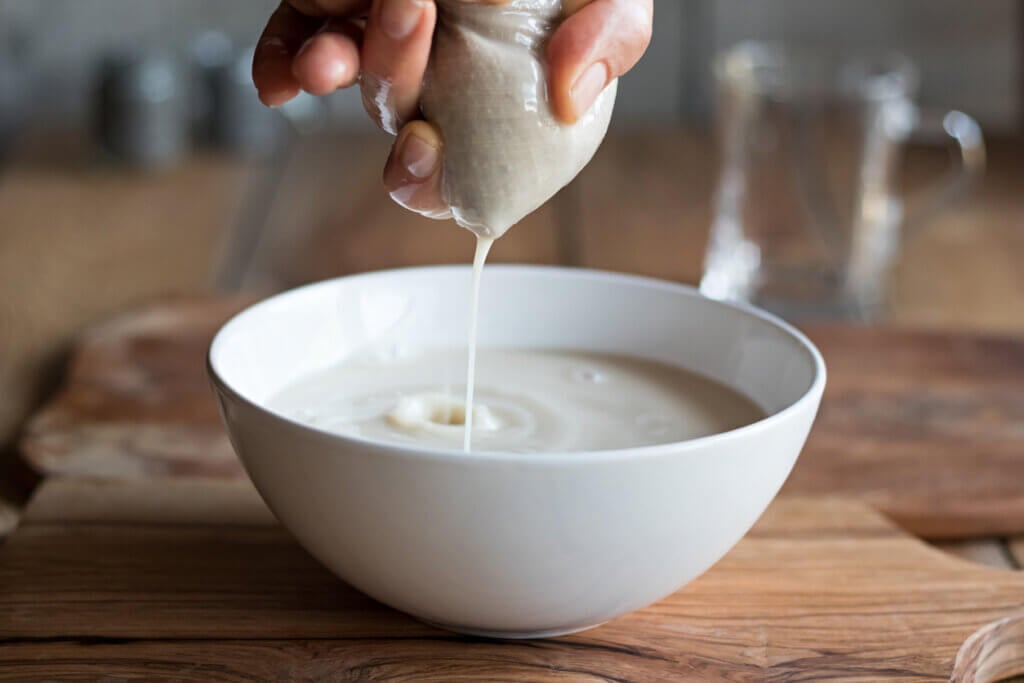
When searching for a cheese cloth substitute, you’ll want something that is lightweight and can separate solids from liquids. Here’s a look at some of the best options.
Muslin
Muslin is another lightweight cotton fabric. It’s lighter than cheese cloth and also less durable. Since it’s commonly used in articles of clothing and also in culinary settings, you may find that you have some handy.
Medical gauze
Medical gauze is thinner than cheese cloth and far less durable. However, it is made of the same material and will do the trick in a pinch. You may need to use several layers of gauze to make it work.
Cotton fabric
Cotton is thicker than cheese cloth and isn’t available in different grades, but it’s lightweight and breathable, making it an acceptable substitute when needed.
Coffee filters
Coffee filters are one of the most popular substitutes for cheese cloth. Since they’re made of paper instead of cloth they’re not as durable, but they’re found in most homes, making them a convenient option.
Paper towels
If you need to strain light foods, like spices, and you’re looking for a quick and easy substitute, paper towels will work just fine. However, they won’t hold up to any heavy straining, so use this option with care.
A clean sock
It may seem strange to cook food with a sock, but as long as it’s clean, it can make a perfect cheese cloth substitute. This is one of the most effective alternatives and is found in every home. The woven design makes socks both durable and breathable, so they will work in much the same way as a cheese cloth.
Add cheese cloth to your next grocery list
Now that you know the ins and outs of cheese cloth, it’s easy to see why you would want to have some on hand. Even if you don’t need it right now, there’s a good chance you’ll come across it in a recipe sooner or later. If you want to make sure you’re prepared, head over to Instacart.com, search for cheese cloth, and add it to your shopping list. A professional shopper will prepare your entire order, and either have it ready for you to pick up at your favorite store or deliver it right to your home. Try it out today!
Grab it now on Instacart:






Most Recent in Planning & Prep

Planning & Prep
Average Grocery Cost per Month: The 2025 Breakdown
The average grocery cost per month, per person, in the United States is roughly $350 for adults between 19 and 50 years old in a four-person household. This estimation depends on multiple factors, such as…
Dec 23, 2024
Planning & Prep
33 Shocking Global and National Food Waste Statistics (2025)
Did you know nearly 30% of the food produced globally is never eaten? This staggering food waste statistic highlights the alarming issue of uneaten food — a problem with environmental, economic and social consequences. Food…
Dec 23, 2024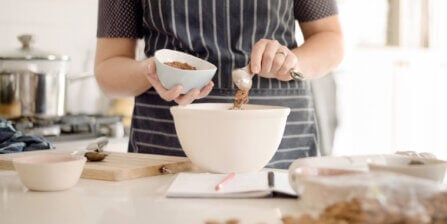
Planning & Prep
12 Best Substitutes for Eggs in Baking
Ever run out of eggs mid-recipe or need a quick swap for dietary reasons? Don’t let an empty egg carton or a food sensitivity stop you from enjoying delicious baked treats! There are tons of…
Dec 19, 2024

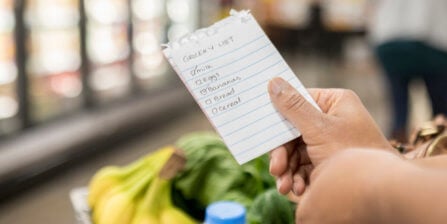 17 Grocery List Categories to Make Shopping Easy
17 Grocery List Categories to Make Shopping Easy 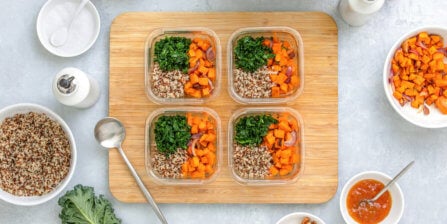 How to Meal Plan: Step-by-Step Guide to Meal Planning
How to Meal Plan: Step-by-Step Guide to Meal Planning  How To Read Food Labels: Guide to Nutrition Labels
How To Read Food Labels: Guide to Nutrition Labels 